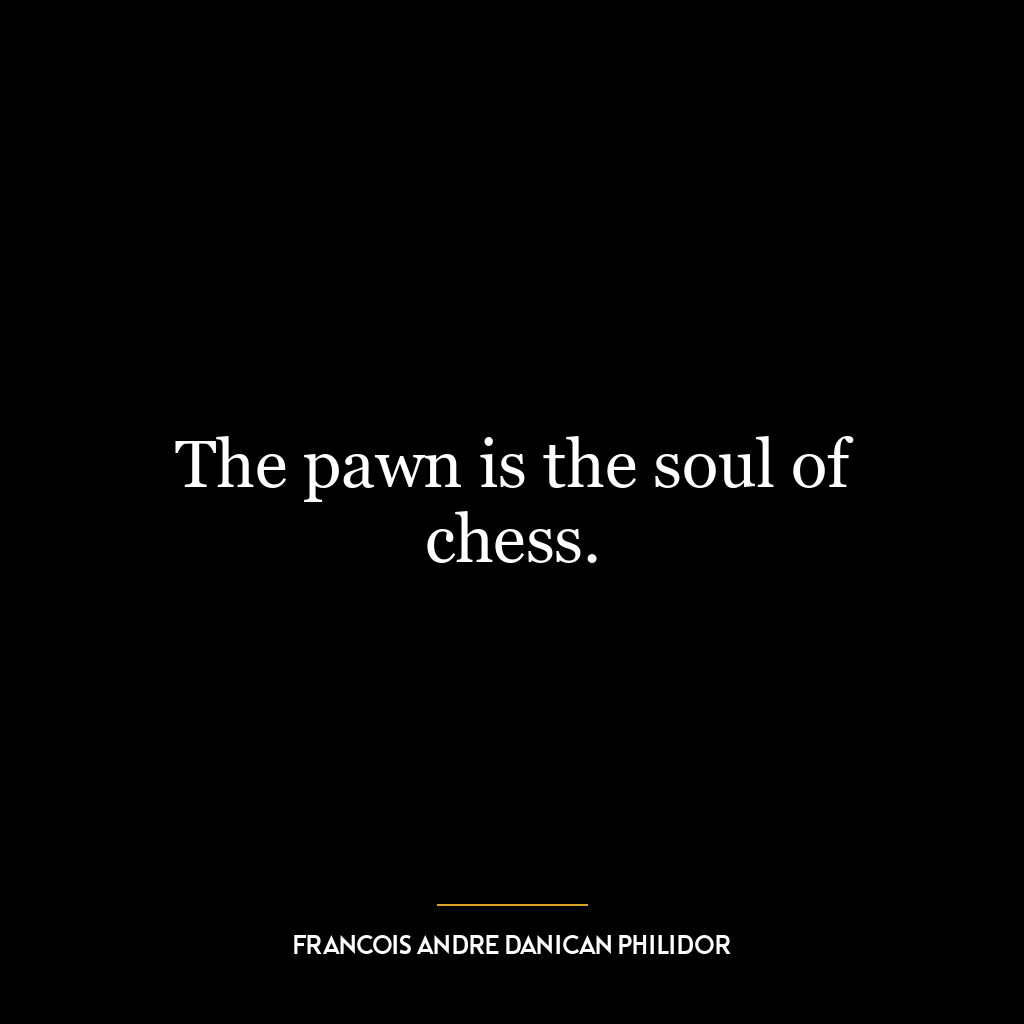Alban Berg Quotes
- Composer
- Austria
- 1885 - 1935
Alban Berg (1885-1935) was an Austrian composer and member of the Second Viennese School. He is best known for his twelve-tone compositions, which combined elements of traditional tonality with the atonal techniques of Arnold Schoenberg. His most famous works include the operas Wozzeck and Lulu, the…Read More
Alban Berg (1885-1935) was an Austrian composer and member of the Second Viennese School. He is best known for his twelve-tone compositions, which combined elements of traditional tonality with the atonal techniques of Arnold Schoenberg. His most famous works include the operas Wozzeck and Lulu, the Lyric Suite for string quartet, and the Violin Concerto. Berg’s music is characterized by its emotional intensity, its use of chromaticism, and its integration of traditional forms with modern techniques.Read Less
Alban Berg (1885-1935) was an Austrian composer and member of the Second Viennese School. He is best known for his twelve-tone compositions, which combined elements of traditional tonality with the atonal techniques of Arnold Schoenberg. His most famous works include the operas Wozzeck and Lulu, the Lyric Suite for string quartet, and the Violin Concerto. Berg’s music is characterized by its emotional intensity, its use of chromaticism, and its integration of traditional forms with modern techniques.
Alban Berg Career Highlights
- Alban Berg was an Austrian composer known for his contributions to the Second Viennese School of music.
- He studied under Arnold Schoenberg and became a prominent figure in the avant-garde music scene of the early 20th century.
- Berg’s most famous works include the operas “Wozzeck” and “Lulu,” as well as his Violin Concerto.
- He was also a teacher and mentor to other notable composers, such as Anton Webern and Hanns Eisler.
Key Contributions by Alban Berg
- Berg’s music is known for its atonal and serialist techniques, which challenged traditional tonal structures.
- He also incorporated elements of expressionism and surrealism into his compositions, creating a unique and innovative style.
- Berg’s operas, particularly “Wozzeck,” are considered masterpieces of the genre and have been widely performed and recorded.
- He was a key figure in the development of modernist music and influenced many other composers with his experimental approach.
What Sets Alban Berg Apart
- Berg’s music is characterized by its emotional intensity and complex harmonies, which set it apart from the more traditional works of his contemporaries.
- He was also known for his meticulous attention to detail and his use of intricate musical structures.
- Berg’s works often explore themes of human suffering and the struggle for individual identity, making them deeply personal and thought-provoking.
Takeaways
- Alban Berg’s contributions to modernist music have had a lasting impact on the development of classical music.
- His innovative techniques and unique style continue to inspire and influence composers today.
- Berg’s works are celebrated for their emotional depth and technical complexity, making him one of the most significant composers of the 20th century.







